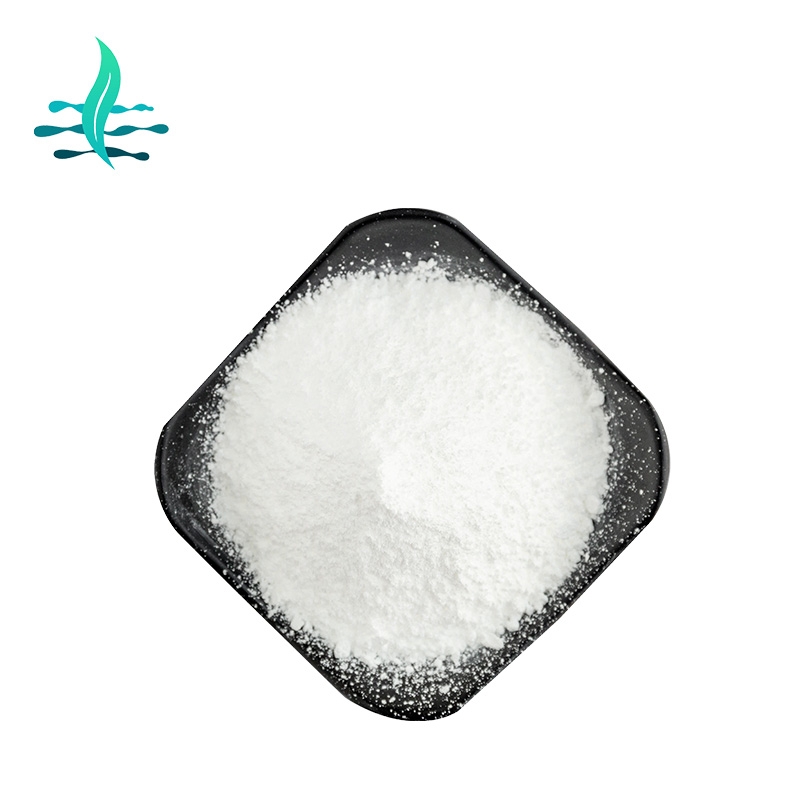-
Categories
-
Pharmaceutical Intermediates
-
Active Pharmaceutical Ingredients
-
Food Additives
- Industrial Coatings
- Agrochemicals
- Dyes and Pigments
- Surfactant
- Flavors and Fragrances
- Chemical Reagents
- Catalyst and Auxiliary
- Natural Products
- Inorganic Chemistry
-
Organic Chemistry
-
Biochemical Engineering
- Analytical Chemistry
-
Cosmetic Ingredient
- Water Treatment Chemical
-
Pharmaceutical Intermediates
Promotion
ECHEMI Mall
Wholesale
Weekly Price
Exhibition
News
-
Trade Service
The Importance of 3-Phenyl-9H-Carbazole in the Chemical Industry
3-Phenyl-9H-Carbazole, often abbreviated as PCB, is a substance that has a wide range of applications in the chemical industry.
This organic compound belongs to the class of aromatic hydrocarbons and is characterized by its distinctive smell.
It has been used in various applications and has been studied extensively for its properties and potential uses.
In this article, we will discuss the various applications of 3-phenyl-9H-carbazole in the chemical industry.
One of the most common applications of PCB is in the production of plastics and synthetic fibers.
It is used as a starting material in the manufacturing of polystyrene, a popular plastic used in packaging, insulation, and electronic equipment.
It is also used in the production of polycarbonate, a thermoplastic used in the manufacturing of bottles, medical equipment, and automotive parts.
In addition, it is used in the production of synthetic fibers such as nylon and rayon.
Another application of PCB is in the production of dyes and pigments.
It is used as an intermediate in the production of azo dyes, which are widely used in textile manufacturing.
The dyes are used to color fabrics, yarns, and fibers.
In addition, PCB is used in the production of pigments, which are used in a wide range of applications, including printing inks, paints, and coatings.
PCB is also used in the production of pharmaceuticals.
It is used as an intermediate in the production of certain drugs, such as sulfasalazine, an anti-inflammatory drug used to treat arthritis and other inflammatory conditions.
It is also used in the production of antibiotics, such as erythromycin, and antidepressants, such as amitriptyline.
PCB is used in the production of other chemicals, such as perfumes and fragrances.
It is used as a fixative in perfumes and fragrances, giving them a long-lasting scent.
It is also used in the production of other chemicals, such as insecticides and herbicides.
Advantages of Using 3-Phenyl-9H-Carbazole
PCB has several advantages that make it an ideal material for various applications in the chemical industry.
For one, it is a versatile chemical that can be used in a wide range of applications, from the production of plastics and synthetic fibers to the production of drugs and fragrances.
In addition, it is relatively cheap and easy to produce, making it an affordable option for manufacturers.
Another advantage of PCB is its excellent stability.
It is resistant to heat, light, and oxidation, making it ideal for use in the production of chemicals that require stable intermediates.
In addition, PCB is relatively easy to handle and store, making it a safe and convenient option for manufacturers.
Challenges of Using 3-Phenyl-9H-Carbazole
Despite its many advantages, PCB also has some challenges that manufacturers need to be aware of.
For one, it is a toxic chemical that can cause skin irritation, respiratory problems, and other health issues if proper precautions are not taken.
In addition, it can be harmful to the environment if not disposed of properly.
Manufacturers also need to be aware of the regulatory requirements for PCB.
It is a restricted substance in some countries, and its use is subject to strict regulations.
Manufacturers need to ensure that they comply with these regulations to avoid legal and financial consequences.
Conclusion
In conclusion, 3-






